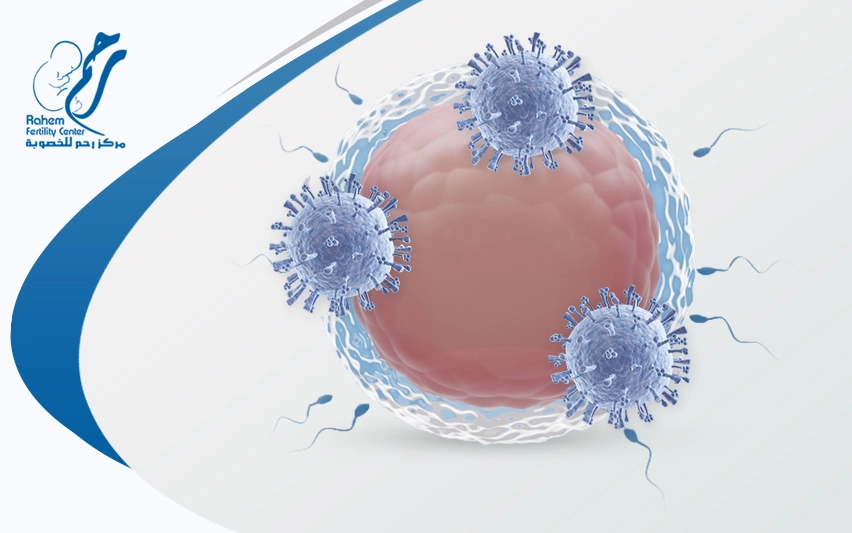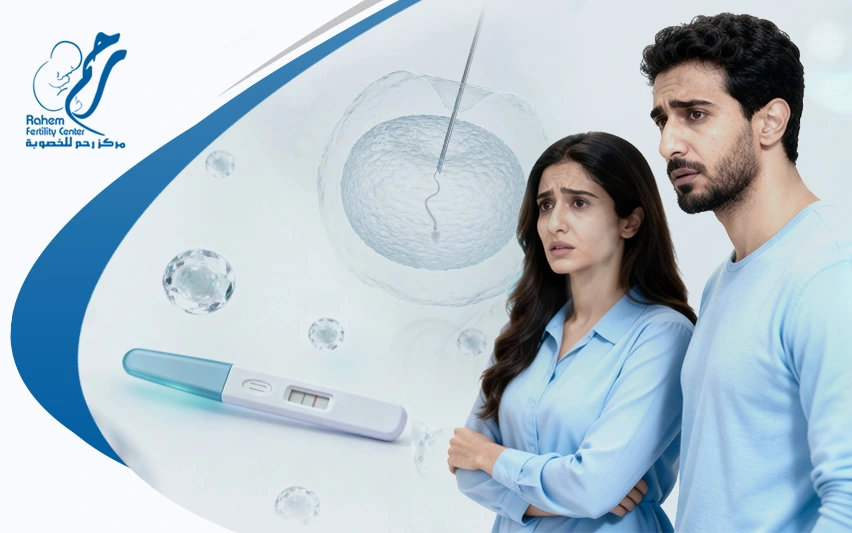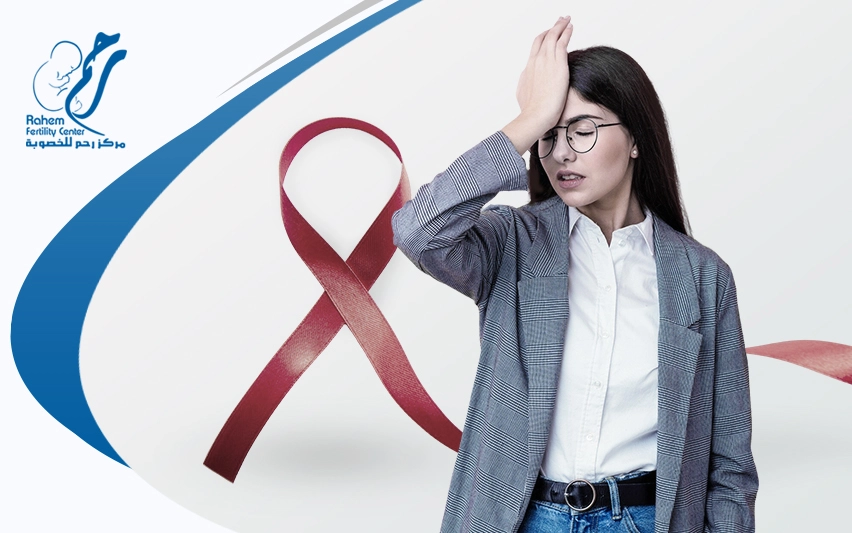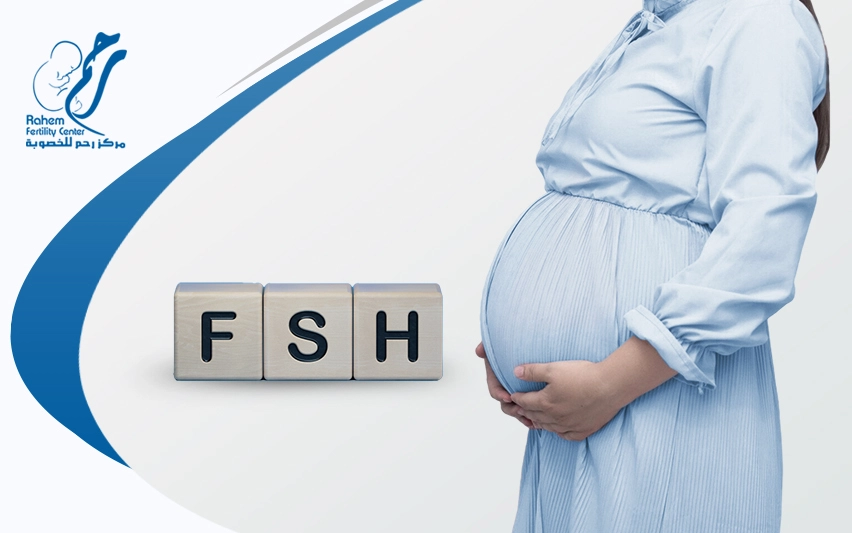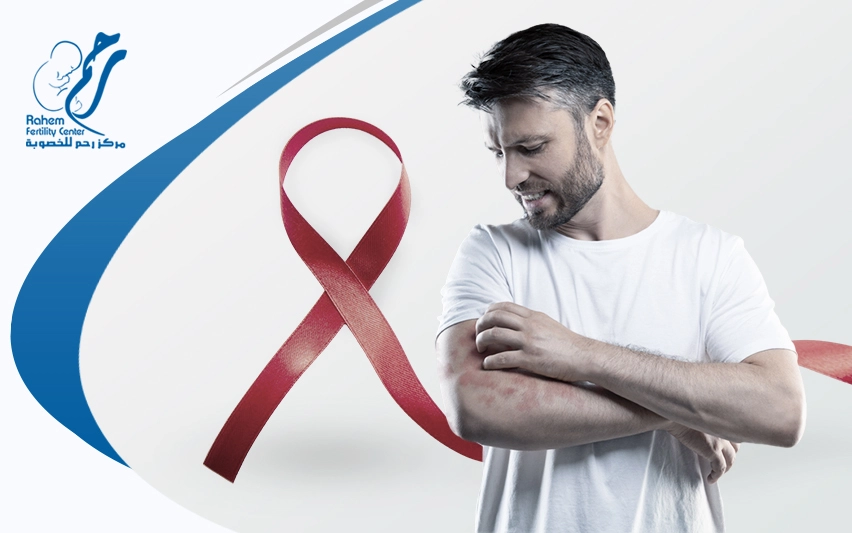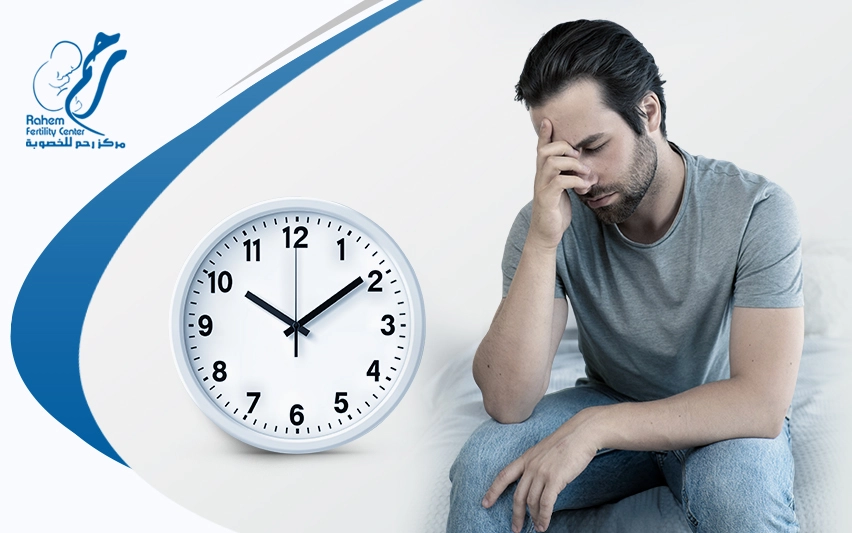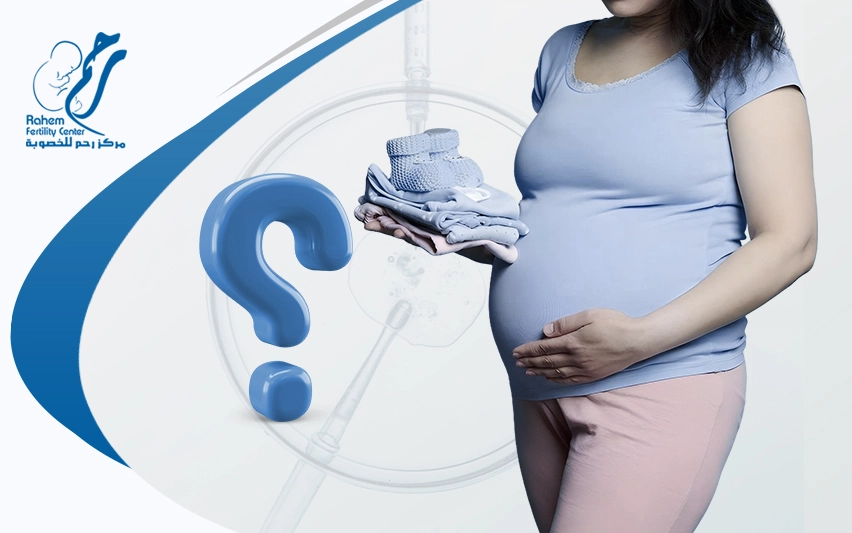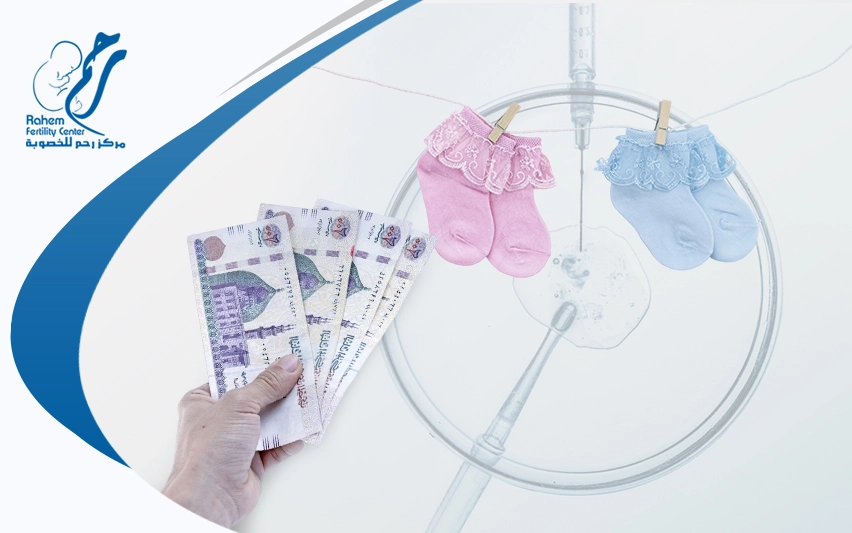Still think COVID was just a bad flu? While most people are relieved just to recover, very few stop to ask: What did COVID leave behind? For men and women alike, the link between COVID and fertility is more real than most want to admit.
Cycles shift, sperm counts drop, hormones go haywire, and yet, hardly anyone talks about it. Let’s change that now.
COVID and Fertility: Can COVID Affect Fertility in Women and Men?
Short answer: yes, but not always in the way you think.
COVID and Fertility in Men
For men, studies have shown that COVID-19, especially moderate to severe cases, can cause temporary drops in sperm count and quality.
Fevers, inflammation, and immune responses can all disrupt normal sperm production. The good news is that most men bounce back within a few months.
COVID and Fertility in Women
For women, the link between COVID and fertility is more complex. Some women report irregular periods after infection. Others notice changes in cycle length, flow, or even skipped periods entirely.
These disruptions may be linked to stress, inflammation, or changes in hormone levels resulting from the virus.
So far, there’s no evidence that COVID causes permanent infertility in healthy women.
At Rahem Center, our vision is to be at the forefront of distinguished scientific centers in the field of fertility assistance, not only in Egypt but in the world.Get your inquiry
![]()
In Details: Can COVID Affect Female Hormones?
Yes, and the impact is often underestimated.
COVID doesn’t directly attack your ovaries or uterus, but the immune and stress responses triggered by the virus can interfere with hormone regulation.
An increase in cortisol, inflammation, and weight changes associated with illness can disrupt estrogen and progesterone balance. This can result in irregular periods, missed ovulation, or heavier-than-usual bleeding.
While these effects are usually temporary, if your period hasn’t returned to normal within two to three months, it’s a good idea to consult a doctor.
Can Long COVID Affect Fertility?
Long COVID isn’t just about fatigue or brain fog. For some women, it’s also affecting their reproductive system. Irregular cycles, delayed ovulation, worsened PMS symptoms, and even temporary hormonal imbalances have all been reported.
Some researchers suggest that the virus may disrupt the hypothalamic-pituitary-ovarian axis, which is the system that regulates ovulation and hormone production. In plain terms, your body might struggle to stay in sync for a while.
If you’re dealing with long COVID symptoms and trying to conceive, it’s worth tracking your cycles carefully and speaking with a doctor.
COVID and Fertility: How Long to Wait to Conceive After COVID?
The rules don’t apply to everyone, but some general guidelines can help.
If your COVID case was mild and your cycle is normal, many doctors say it’s safe to start trying after one full menstrual cycle.
If your case was moderate or severe, especially if you were hospitalized or had long-lasting symptoms, waiting two to three months might give your body time to recover fully.
If your husband had COVID, consider waiting at least three months before trying to allow sperm quality to normalize.
Simply put, trying to conceive places physical and emotional stress on the body. Giving yourself proper recovery time increases your chances of success.
Should You Be Worried?
If you’ve had COVID and are thinking about pregnancy, your questions are valid. The connection between COVID and fertility is still being studied, but most experts agree there is no evidence that COVID causes permanent infertility. What it can do is throw your body off balance for a while.
With patience, awareness, and medical support if needed, most people make a full reproductive recovery.
Got questions about your fertility? Trust Rahem Fertility Center to guide you. Contact us today to schedule your consultation.



